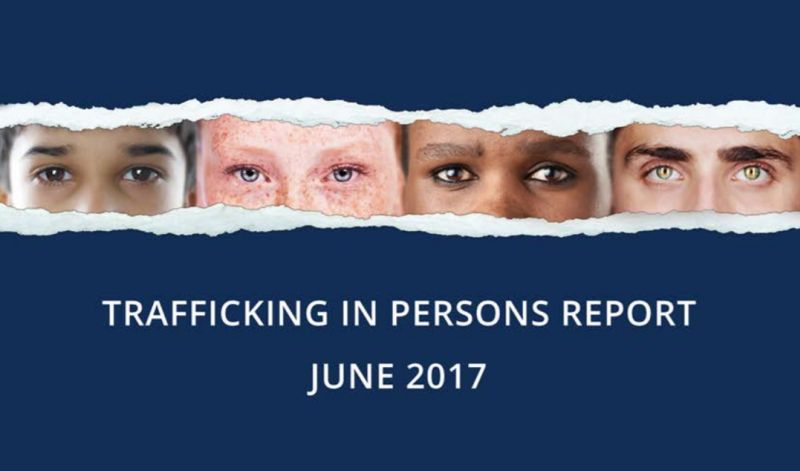By Tony Read
Anna’s parents couldn’t understand why she wouldn’t go back to Hong Kong. But only her husband knew what really happened.
In the Philippines, a man had come to their village and stayed for three months, eating with the families, speaking of entertainment jobs in Hong Kong, giving singing and dancing lessons. One day, he turned up with a brochure for a three-star hotel in Hong Kong and an all-expense-paid, 14-day holiday.

But once in Hong Kong, Anna didn’t stay in a nice hotel. She was put up in Yuen Long with some other women. After being given a haircut and some new clothes she was taken to a well-known bar to serve drinks to customers. She would be singing there if all went well. It all seemed fine until the day before she was due to leave, when she was told how much money she owed. She had to pay for everything – the airfare, the accommodation, the food, the clothes, the haircut. She was forced to stay in Hong Kong for six months having sex with customers at the bar.
Anna had been trafficked but because she was too ashamed to share what had happened the crime was hidden from the authorities. Her reaction was totally understandable. But the crime of Trafficking in Persons is also hidden in other ways.
On June 31, lawmaker Kenneth Leung raised the issue of Trafficking in Persons (TIP) in the legislature in connection with a recent court case in which a Pakistani national had been deceived, abused, his passport and wages withheld and who had received no recognition from Hong Kong authorities that a crime had been committed. When asked a direct question in LegCo about government statistics on persons claiming to be victims of forced labour or human trafficking the government spokesman avoided a direct answer instead providing a lengthy account of the ways in which TIP is combated in Hong Kong.
See also: Hong Kong stays on annual US human trafficking watchlist as gov’t rejects criticisms
The reason is that Trafficking in Persons as a crime defined in all its forms by the UN Palermo Protocol is not recognised as a crime in this way in Hong Kong. Instead there are a basket of nine different domestic laws which are used to cover it. In Hong Kong, Trafficking in Persons is a hidden crime and is not listed in official government statistics available to the public.

It is hardly surprising that when the US government carried out its annual review of trafficking in June this year it decided to keep Hong Kong on its Tier 2 Watch List. This was despite all the work setting up inter-departmental working groups, training over 1,000 officials, and introducing victim identification and screening mechanisms. Official government press releases detailing raids on illegal workers and sex rings include a standard paragraph describing the initial screening procedures now adopted to check for TIP.
The government is clearly to be applauded on its efforts to bring awareness of trafficking to its own operations. But how much more effective it would be if government would simply redefine and criminalise all forms trafficking in Palermo Protocol terms so that TIP can be recognised for what it is – human slavery – and no longer be a hidden crime in Hong Kong. Perhaps even the US TIP officials would recognise that a shift had been made in the right direction.
Tony Read is a member of the Advisory Committee for international humanitarian organisation STOP (Stop Trafficking Of People).
